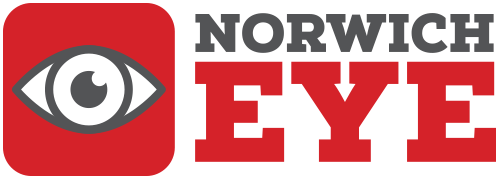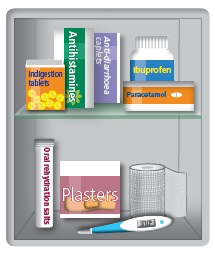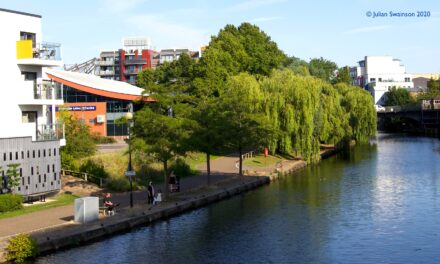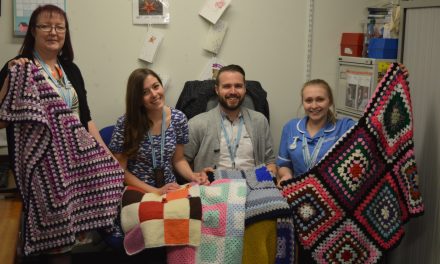Keep your medicine cabinet stocked
People in Norfolk and Waveney are being encouraged to choose the right NHS service should they suffer a minor illness or injury whilst enjoying the half term with their families.
The five NHS Clinical Commissioning Groups (CCG) in Norfolk and Waveney want to make sure that people know the best place to go in order to get the most suitable treatment, should they get a cold or flu, bruise, sprain, minor wound or fracture. Choosing the right service will ensure patients receive the best possible treatment, while freeing up busy NHS services to help the people who need them most.
Dr Anoop Dhesi, NHS North Norfolk CCG Chair and GP at Stalham Staithe Surgery, said: “There are a range of NHS services available to help treat minor ailments and illnesses which are both quicker, easier and more suitable such as your local pharmacy, GP or 111.”
“Pharmacists can help with a range of common conditions and minor injuries, and many are open until late and at weekends. If you need medical help fast but it’s not an emergency, you can call NHS 111, which is a free service and can quickly direct you to the right service.”
The CCGs also encourage patients to have a number of items to treat minor ailments and illnesses at home, reminding the public to ensure that your medicine cabinet is stocked up with the following:
Pain relief – paracetamol and ibuprofen are the most common painkillers and are available in tablet and liquid form. Aspirin and ibuprofen also reduce inflammation. Please note: aspirin should not be given to anyone under the age of 16.
Anti-diarrhoea medicine – make sure you drink plenty of non-alcoholic liquid for the first 24 hours when symptoms appear in order to keep hydrated. Your pharmacist can also recommend rehydration drinks.
Sore throat remedies – ask your pharmacist about sprays to ease soreness. Adults can also gargle with soluble aspirin to ease the pain.
Cough remedies – ask your pharmacist about different types of linctus which will aid different types of coughs, i.e. dry and tickly or loose.
Plasters and bandages – it always pays to be well-stocked in the event of minor cuts and scrapes. Ask your pharmacist about anti-allergy plasters.
Thermometer – this can be useful if someone in the family develops a cold or if a young child becomes ill. As a general rule a temperature of over 37.5 (99.5F) is a fever.
Antihistamines – these are useful for allergies and runny noses. Ask your pharmacist about the types available. Some antihistamines cause drowsiness and are not recommended if you are driving or operating machinery.
Antiseptic cream – this is a medicine cabinet essential in the event or cuts and scrapes, as well as bites and stings (which are rarer in winter but can still occur.) For more information about treating common conditions visit the NHS Choices website at http://www.nhs.uk/Conditions/Pages/hub.aspx ENDS Note to editors
Visit www.nhs.uk to find your nearest pharmacy
If it’s urgent, but not an emergency, you can ring 111 to get health advice 24 hours a day, seven days of week, including bank holidays. Calls to 111 are free from landlines and mobiles.
The walk-in centre in Rouen Road, Norwich is open 7am-9pm seven days a week and the Minor Injuries Unit at Cromer Hospital is open 8am-8pm, both seven days a week.





Recent Comments